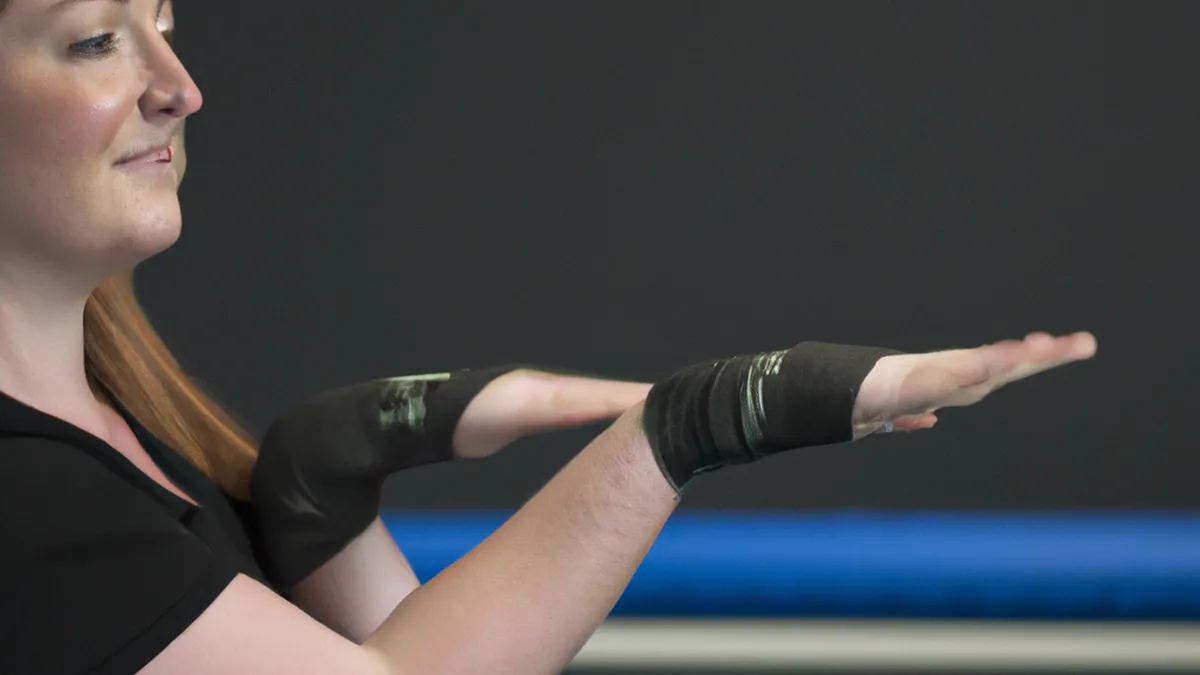Healing Through Mental Resilience in Sports
Psychological Aspects of Recovering from Sports-Related Injuries
As an Amazon Associate I earn from qualifying purchases.
Gear tip: consider sports first aid kit, kt tape and blister pads to support this workout.
Injuries frequently occur in sports. The mental toll often matches the physical pain. Recovery requires healing muscles, ligaments, and psychological resilience. Understanding these aspects aids athletes in recovery.
Understanding the Emotional Impact
Injured athletes experience a whirlwind of emotions. Shock and disbelief often set in first. Frustration arises when athletes cannot perform at their best. This frustration can lead to anxiety and depression. Recognizing these feelings is crucial to recovery.
Coping with Loss of Identity
Sports form a core part of many athletes’ identities. Injuries can cause a sense of loss. Athletes may feel disconnected from teammates and their sport. Acknowledging this loss starts the coping process. Athletes should allow themselves to grieve their temporary identity loss.
The Role of Mindset in Recovery
A positive mindset significantly influences recovery. Research shows athletes with a growth mindset recover faster. They view setbacks as growth opportunities, not failures. Focusing on progress helps shift athletes’ perspectives. This shift can lead to successful recovery journeys.
Tips for Managing the Psychological Aspects
Consider these practical strategies to manage recovery’s psychological aspects. Implementing them can significantly impact recovery.
Set Realistic Goals
Setting realistic goals maintains motivation. Start with small, achievable objectives. For example, aim to regain range of motion first. Celebrate small victories to boost morale.
Maintain a Support System
Surround yourself with supportive friends and family. Their encouragement can help during tough times. Engaging with teammates maintains connections to the sport. Sharing feelings can reduce isolation.
Practice Mindfulness and Relaxation Techniques
Incorporate mindfulness practices into your routine. Techniques like meditation and deep breathing can alleviate anxiety. These practices help athletes stay present and focused on recovery. They also improve overall mental well-being.
Seeking Professional Help
Sometimes, recovery’s psychological burden feels overwhelming. Seeking professional help becomes essential in these cases. A sports psychologist provides valuable support. They help athletes develop tailored coping strategies.
Cognitive Behavioral Therapy (CBT)
Cognitive Behavioral Therapy (CBT) addresses negative thoughts effectively. This therapy helps athletes reframe their thoughts about injury. Through CBT, individuals can replace negative beliefs with positive affirmations. This shift enhances motivation and resilience.
Group Therapy and Support Groups
Group therapy offers unique advantages. It connects athletes facing similar challenges. Sharing experiences fosters community and reduces loneliness.
Benefits of Addressing Psychological Aspects
Addressing psychological aspects yields numerous benefits. These benefits extend beyond recovery.
Improved Physical Recovery
A positive mindset accelerates physical healing. Athletes focusing on recovery adhere better to rehabilitation protocols. This adherence leads to better outcomes and faster returns to sport.
Enhanced Resilience
Developing coping strategies builds resilience. Athletes learn to face challenges head-on. This resilience benefits them in future setbacks, both in sports and life.
Greater Overall Well-Being
Focusing on mental health promotes overall well-being. Athletes addressing psychological challenges often experience reduced stress and anxiety. They develop a positive outlook, enhancing enjoyment in sports and daily activities.
Conclusion
Recovering from sports-related injuries involves more than physical healing. Psychological aspects critically influence the recovery process. By addressing these aspects, athletes enhance resilience and well-being. Implementing strategies like setting realistic goals, maintaining support systems, and seeking professional help can make a significant difference. A holistic recovery approach fosters a stronger, more resilient athlete.
Below are related products based on this post:
FAQ
What emotional challenges do injured athletes typically face during recovery?
Injured athletes often experience a range of emotions, including shock, disbelief, frustration, anxiety, and depression. Recognizing and understanding these feelings is crucial for effective recovery.
How can athletes maintain motivation during their recovery?
Setting realistic goals can help maintain motivation. Athletes should start with small, achievable objectives and celebrate their progress to boost morale and encourage continued effort.
When should an athlete consider seeking professional help during recovery?
If the psychological burden of recovery feels overwhelming, seeking professional help is essential. A sports psychologist can provide tailored coping strategies and support to navigate the emotional challenges of recovery.















Post Comment